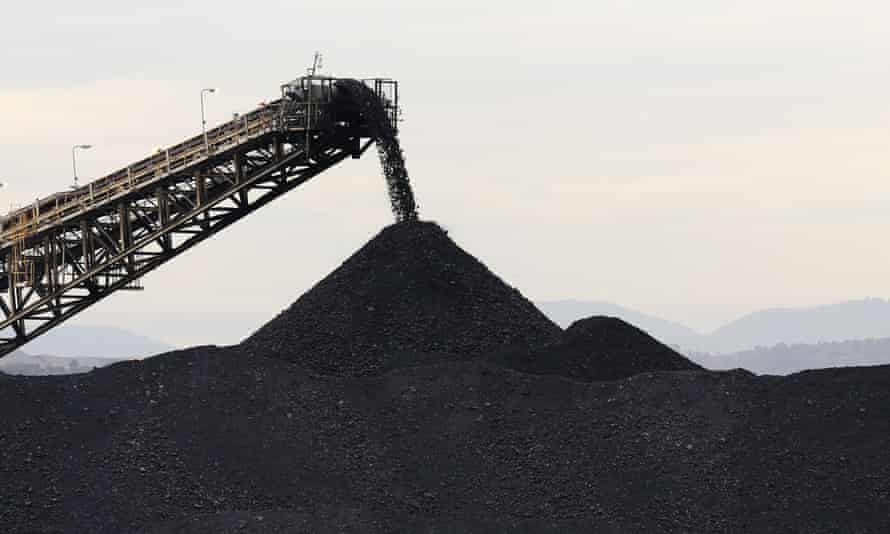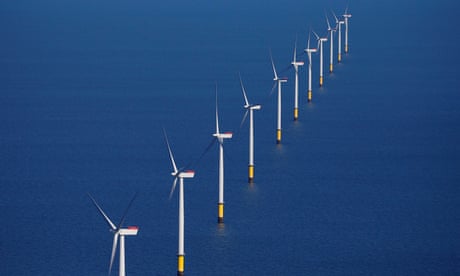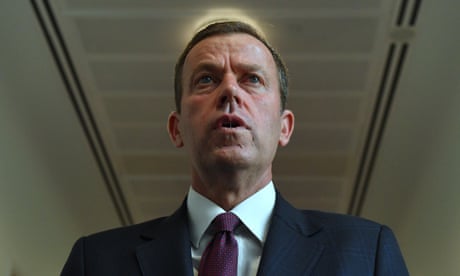Extract from The Guardian
But federal energy minister Angus Taylor says proposed rules needed to ‘protect consumers from high prices and reliability risks’

Last modified on Wed 28 Jul 2021 21.01 AEST
New energy market rules intended to ensure the lights remain on while ageing coal generators exit the market have triggered a backlash from Australia’s renewables sector.
Guardian Australia has seen a draft of new rules that have been proposed to federal and state energy ministers by the Energy Security Board (ESB). The overhaul includes imposing a strategic reserve across the national energy market as well as a beefed-up retailer reliability obligation.
Consultations about the shift have been underway for some time and there has been concern in the renewables sector that a more onerous reliability obligation could provide an incentive to keep coal plants operating for longer – concerns the chair of the ESB, Kerry Schott, has flatly dismissed.

The ESB is also proposing a capacity mechanism for the energy market. The draft advice recommends that energy ministers give in-principle support to that proposal, with detailed design to follow over the next 12 to 18 months.
In capacity markets, power generators are paid when they can guarantee they can dispatch power at specific times.
The ESB’s advice was circulating widely among stakeholders on Wednesday night. The federal energy minister, Angus Taylor, issued a statement saying the capacity mechanism was “crucial to ensuring we can absorb renewables into the grid without threatening reliability and affordability”.
Taylor said the pace and scale of changes under way in the electricity system was “unprecedented” and the rules needed to remain fit-for-purpose “to protect consumers from high prices and reliability risks as technologies in the energy sector change”.
Schott also issued a statement, arguing the new rules were designed to “successfully integrate the transition to renewable generation already under way” and ensure the entry of the new generation lined up with the exit of old coal generators.
She said the proposal that had been handed to ministers for a deliberation in a sub-committee of the national cabinet was not “just a tweak around the edges – it’s about a whole redesign of the national electricity market”.
“We all know reform isn’t optional,” Schott said.
“It is not something we can choose to do; it’s something we have to do to confidently embrace Australia’s energy future while reducing the risk of price shocks and blackouts.
“The clearer and more coordinated the path, and the smoother the transition, the more confidence consumers, industry, investors and governments will have.”
But John Grimes, chief executive of the Smart Energy Council, which represents a number of Australia’s largest renewable energy proponents and developers, said the proposed capacity markets were the “last gasp of keeping coal-fired power stations open in Australia” as it would “give them payments just for being there”.
“What this will do is drive up the price of electricity for consumers and slow down the transition to renewables,” he said. “It will transfer wealth from electricity consumers to coal-fired power stations. It’s blatant and completely unacceptable.”

He said the problems identified by the ESB were a result of insufficient energy infrastructure to connect renewable energy developments to the grid, not lack of capacity. He said plans by states such as New South Wales, Victoria and Queensland for designated renewable energy zones were a better way forward.
“You address this by investing in transmission infrastructure,” he said. “This is the wrong prescription at the wrong time for the wrong technology.”
Earlier in the year, with concerns mounting in the renewables sector about the impact of the reforms, Schott told Guardian Australia additional regulation aimed at keeping the lights on during the transition would not impact the coal retirement trajectory significantly because “commercial viability” was driving the change.
Schott was blunt about the inexorable direction of the transition. “Coal companies are going broke and they are likely to retire before their technical lives end,” she said.
Given the economics of energy generation, she said, it was now likely coal plants in Australia would be shuttered four or five years earlier than expected only a couple of years ago.
No comments:
Post a Comment